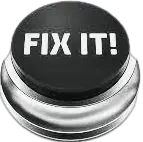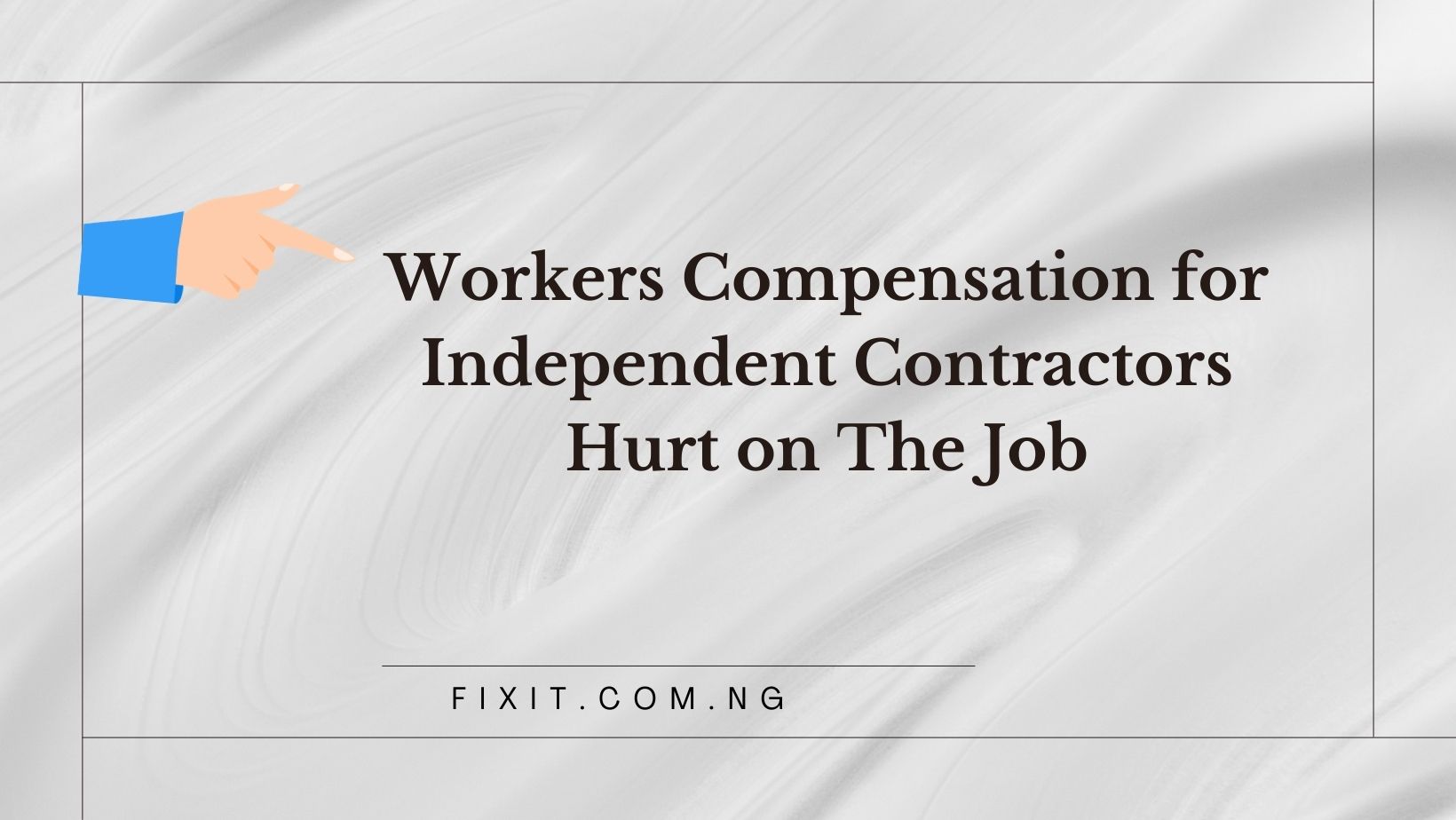What happened if independent contractor hurt on the job? Many businesses hire independent contractors for specific services. Since these individuals don’t need workers’ comp coverage, any injuries sustained could prove more expensive to treat.
Under certain conditions, an injured independent contractor may be eligible to file a personal injury claim against any party responsible, such as their employer or property owner.
Worker’s Compensation
Though some employers may attempt to sidestep providing workers’ compensation benefits to independent contractors, the law mandates they should receive them. Independent contractors include rideshare drivers, freelance writers, bookkeepers and trade specialists who work across multiple companies without receiving extensive supervision or training as employees of one. They pay their own taxes.
Misclassification of individuals as independent contractors is an increasingly prevalent problem that costs companies billions in lost tax revenue every year. If an individual has been misclassified as such, a Phoenix work injury lawyer can work with federal agencies and local jurisdictions to rectify their status.
Some states mandate independent contractors carry their own personal liability and property damage insurance policies for them as independent contractors, including commercial drivers, electricians and repair specialists. If an independent contractor experiences work-related injury during their contracting services they should notify their insurer as it will likely be covered under their policy.
However, if the independent contractor’s employer denies coverage for their injuries, they should seek advice from a personal injury lawyer as soon as possible to discuss their options and potential litigation strategies. If they can demonstrate negligence on the part of those at-fault then an adequate settlement should be possible.
Unemployment
Independent contractors typically do not qualify for unemployment benefits, nor pay state or federal unemployment insurance taxes to help fund the system, nor are they usually covered under civil liability laws concerning workplace injuries – leaving injured independent workers vulnerable to financial strain and possible professional repercussions following serious accidents.
Many employers misclassify workers as independent contractors in order to reduce payroll costs and save on Social Security taxes, unemployment insurance premiums and workers’ compensation coverage for these workers. Unfortunately, companies who misclassify workers may face significant fines and penalties from violating labor laws in the long run.
Additionally, this practice has the potential to cost states and local communities billions in lost tax revenues as well as place a substantial strain on government agencies responsible for unemployment insurance, wage and hour investigations and other workplace-related matters.
Fatal workplace injuries among independent contractors have steadily increased over the last decade. As the lines between employee and contractor become increasingly blurred, it’s essential for workers and businesses alike to understand how employment relationships may impact them. If you have questions regarding your work status or status as an independent contractor, seek legal guidance from a knowledgeable attorney with experience handling such cases.
Personal Injury
Independent contractors must have a valid contractor’s license and be covered under general liability insurance, but in certain instances the owner of a property may be held accountable for damages sustained while working on their premises by independent contractors.
Worker often prefer to be classified as independent contractors to gain more flexibility and freedom in their working lives, while employers might opt to hire independent contractors as an efficient way of saving on payroll taxes and workers’ compensation coverage.
When an independent contractor is injured on the job, they have the option to file a personal injury claim against both their hiring company and any parties responsible. While proving independent contractor status or identifying negligence may be difficult in these instances, an experienced lawyer can help identify what will be your best course of action and help navigate any complications in these types of claims.
If you are an independent contractor injured on the job in Los Angeles, please seek legal assistance immediately. Steinberg Injury Law offers free consultations to discuss your case and help identify who may be liable. No fees are owed until we recover money through settlement or trial verdict, so contact them now to start!
Legal Advice
Independent contractors are hired to complete services that cannot easily be done by regular employees, such as tree trimming or building construction. While in some instances independent contractors require a valid contractor license, having one does not guarantee workers’ compensation insurance will cover work-related injuries on company property; businesses hiring independent contractors should always check that these workers’ comp policies cover such incidents before beginning working together with any independent contractors on site. Failure to do so exposes themselves financially should such injuries arise from working conditions on company property.
Whenever an independent contractor is injured on the job, they may file a personal injury claim against both their hiring company and any parties responsible, including site owners. Such cases are complex and require expert legal advice in order to protect your rights and options. Hunter & Everage law firm can help determine whether workers’ compensation benefits apply based on classification of your employment status; we also evaluate cases to see if injuries covered under another type of policy exist – all with one goal in mind: getting our clients the maximum amount of compensation due.

